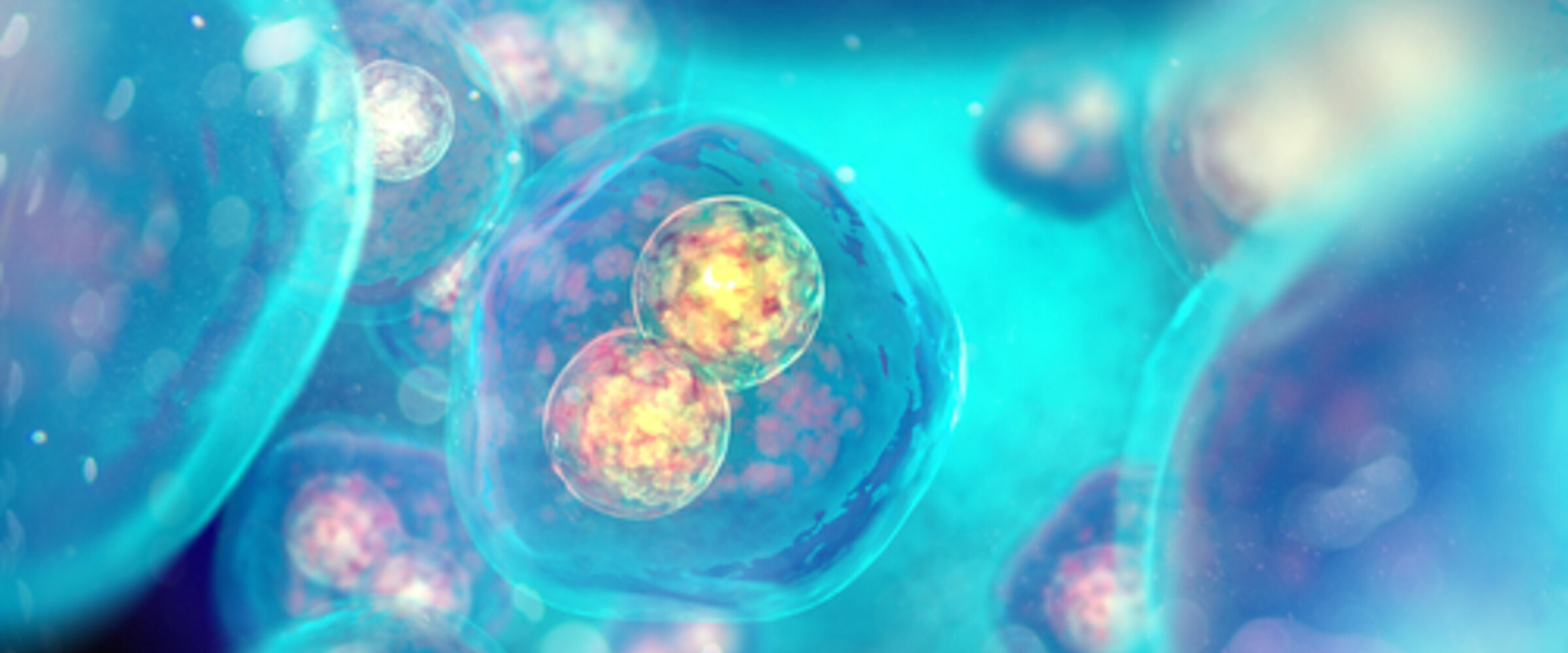
What to Expect on Embryo Transfer Day
Embryo transfer day is a very important day for many undergoing in vitro fertilisation (IVF) treatment. It brings excitement but also apprehension, symbolising both an end and a beginning in the journey towards parenthood. This day is not just a procedure, it's a milestone filled with hope and nervous anticipation. The careful planning and preparation leading up to this day are crucial, as they can significantly influence the success of the IVF process and the emotional well-being of the individuals involved. In this post we will look deeper into what embryo transfer involves and what you can expect during this critical phase of your IVF treatment.
Understanding Embryo Transfer
Embryo transfer is the process of placing an embryo into the uterus. Timing is everything in this phase, the transfer must be performed at a time when the lining of the uterus is perfectly prepared to receive the embryo, enhancing the chances of implantation and pregnancy.
The journey leading to this day involves several stages, starting from ovarian stimulation to egg retrieval, fertilisation, and finally, embryo culture. Over days in a lab, embryos develop and are monitored for growth and viability. Embryos are selected for transfer, which is usually done 5 days after fertilisation.
The Procedure on Embryo Transfer Day
The embryo transfer day is structured and meticulously planned to optimise comfort and increase the chances of success. To help you feel a bit more at ease, below we explain what typically happens;
- The Transfer Process - The actual transfer is a gentle and quick procedure. No anaesthesia is required. It is similar to the setup for a smear test. Using ultrasound for guidance, the doctor will insert a thin catheter through your cervix into your uterus and release the embryo.
Post-Transfer Considerations
After the embryo transfer, the next steps are crucial for your comfort and the success of the procedure.
- Relaxation - Take it easy for the first few days. Although bed rest isn’t necessary, avoiding strenuous activities is advisable.
- Stay Hydrated - Keeping hydrated helps maintain optimal conditions for embryo implantation.
- Maintain a Healthy Diet - Continue eating a balanced diet rich in fruits, vegetables, and proteins to support your body during this time.
- Avoid Heavy Lifting and Strenuous Exercise
- Limit Caffeine and Avoid Alcohol - It’s advisable to limit caffeine intake and abstain from alcohol to increase the chances of a successful implantation.
Monitoring for Pregnancy Symptoms
The wait after an embryo transfer can feel like the longest part of your IVF journey. Typically, a pregnancy test is scheduled about two weeks post-transfer to check for signs of successful implantation. During this period, it's common to experience a mix of symptoms similar to early pregnancy, such as mild cramping and spotting.
Welcome To Sims IVF
Embryo transfer day is a significant event filled with a mix of emotions. By understanding what to expect and how to prepare, you can approach the day with confidence and peace of mind. It’s also important to lean on your support network and communicate openly with your healthcare team, as their guidance and encouragement can make a meaningful difference. Remember, each IVF journey is unique.
By following these guidelines, you're well-prepared for embryo transfer and can look forward to this hopeful milestone in your fertility journey. For further information and support on IVF treatments, visit our website at Sims IVF. At Sims IVF, we offer fertility consultations and treatment from our locations in Clonskeagh, Swords and Cork. For general enquiries or to book your first appointment, please complete the online form or call us on +353 1 208 0710 from Clonskeagh, +353 1 807 2732 if you are in Swords or +353 21 441 0900 in Cork.

